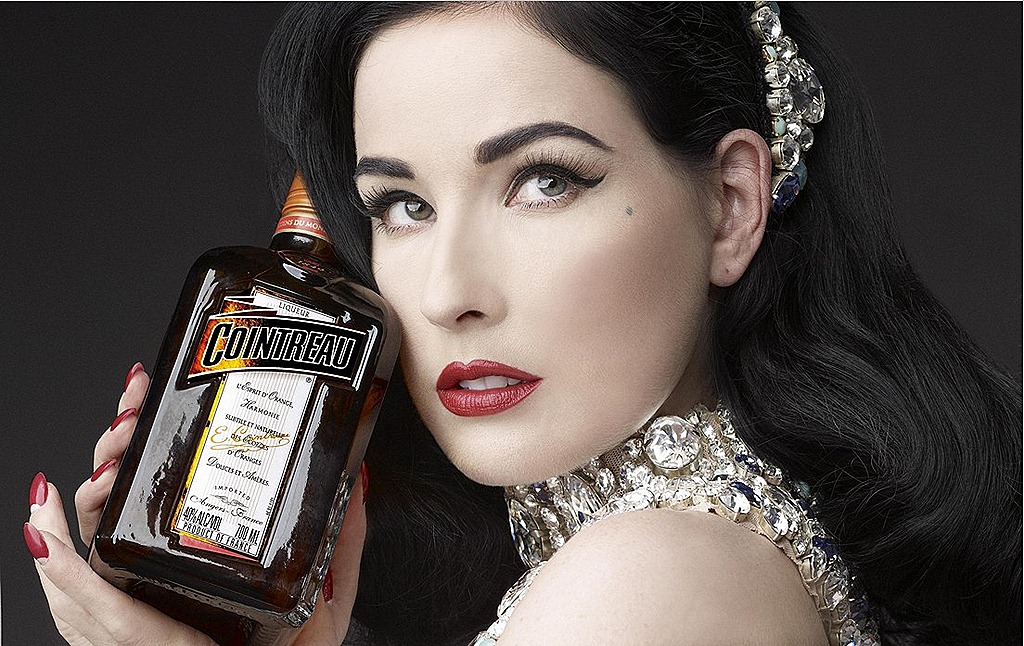An actor walks into a bar and says “I’m sorry, I just didn’t feel that…” so he walks into it again.
For years bartending as been the job-of-choice for actors everywhere. Good money, flexible hours and the fringe benefits can be very, ahem, let’s just say… educational. Plus, the very nature of the job usually requires energetic, dynamic individuals. When you think about it, how many people actually go into the service industry with the express intent of becoming a professional bartender? Prior to 1920, before Prohibition, bartending was a proud profession. Icons like the professor Jerry Thomas were leading the industry with innovative craft recipes. However, in recent decades tippling has been relegated as a job for actors, writers and law students. Only since the turn of the century have we seen a new generation of bartenders regard their jobs as careers. Bar owners are demanding more from their applicants. Knowing your recipes and keeping a clean bar just aren’t enough anymore. Unless your pulling beers and pouring wine, today’s bartender is expected to actually make a tasty cocktail.
I remember one of my first bartending gigs. I took it to generate some income while I aggressively pursued my acting career. I found I was pretty good at slinging drinks even though, at the time, it was just a job. I was bartending at the Veritable Quandary or the VQ as the locals call it (http://www.veritablequandary.com/) during the day and performing Vaclav Havel by night. My friend, Lana Veenker was directing the play and I fancied myself a starving artist. For me, bartending was only a means to an end.
Fast forward a couple decades… Lana is a successful casting director. I moved back to New York, finished my college degree and made the decision to quit acting as a career. Yet, I have successfully transformed my bartending job into a rewarding career as a Mixologist. I travel the world to redesign cocktail programs, teach bartenders about craft cocktails and create media opportunities. I am regularly asked to do TV and radio appearances and have been featured in dozens of articles all around the world. Today, I am far better known as a mixologist than I ever was as an actor. I love my career and the best part is I didn’t have to sell out or give up on my dreams to achieve success in my new field. I combined passions and found a niche. Still, as much as I enjoy the art of mixology, I never would have achieved this level of success behind the stick, if not for my years of training on the planks.
I used to be hesitant to mention acting when applying for a bar position. If I was asked by a restaurateur what I studied in college, I would give a vague answer for fear it would be held against me if it came out that I was a theater major. In the upper echelon of the service industry it is understood that hiring actors to staff your bar is a risky proposition at best. Even if they aren’t flaky or bail on you with no notice for a chance to audition for Preparation H commercial, their passion lies elsewhere. It is rare to find an actor who gives a damn about their restaurant job.
Thespians need not worry about this new restaurant trend; there will always be bartending jobs available for those with a pretty smile. In fact I would rather hire an eager actor who was open to learning a craft than a snooty mixologist who puts his career above the guest experience. There are a lot of talented mixologists out there with poor people skills but they are outnumbered ten to one by charismatic actors who can’t make a decent cocktail.
I once had an acting teacher who told the class that we should all quit acting for a length of time and learn another profession. At the time I believed he was reciting the cliché about having something to “fall back on” in case we all didn’t become as successful as we all knew we would. As I look back, I always thought it odd that my professor was teaching by day, acting by night, yet went to school for a law degree. Now I finally get it. Acting is the study of the human condition and the smart actor is constantly observing others behavior. For me, bartending provided a limitless cast of character studies for the aspiring actor. More to the point, I believe a well-rounded actor must experience life outside of the acting community if they are to develop depth in their work. And by extension a successful bartender must make a connection with their guests in addition to simply making a delicious libation. Acting taught me passion, bartending taught me discipline. Any fortune 500 CEO will tell you that the combination is the recipe for success.
After reading about my cocktails in the New York Times, I once had a guest at PER SE (http://www.perseny.com/) ask me: “So what do you want to be when you grow up?” I never occurred to me to be insulted. I’d been asked this question before in other restaurants. For years my pat response was always to proudly boast that I was an actor working hard to be discovered. However, in that moment, I smiled, found my voice and from the diaphragm I stated: “When I grow up, I hope to become a professional bartender!” She looked confused for only a second when I saw the epiphany dawn. She smiled back and without hesitation ordered another cocktail.

